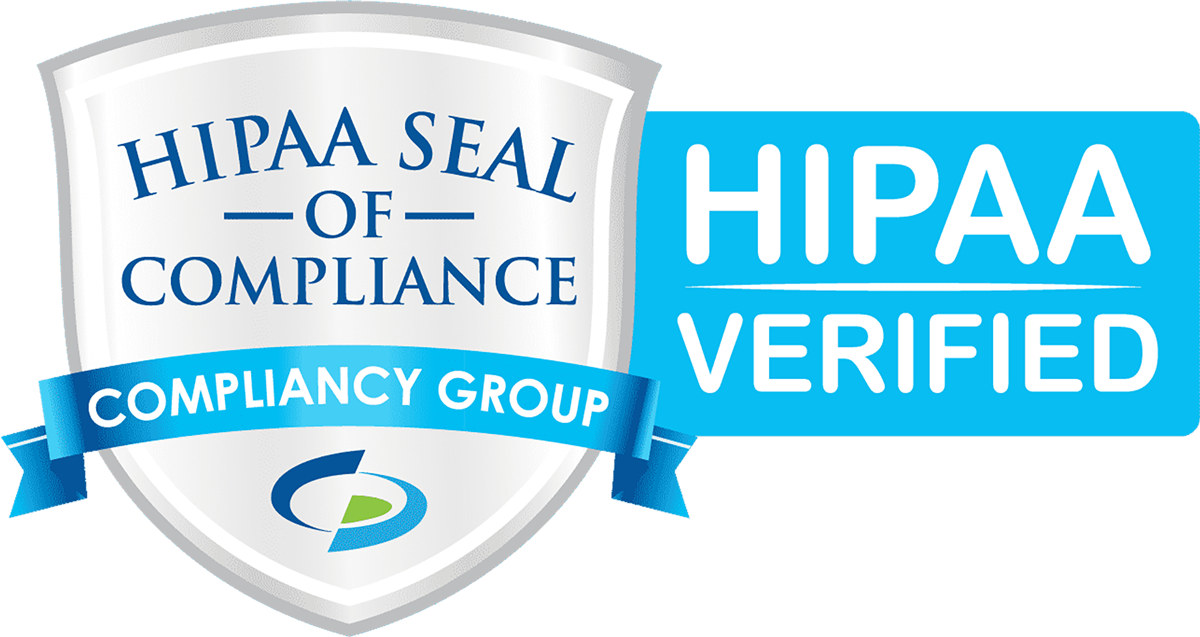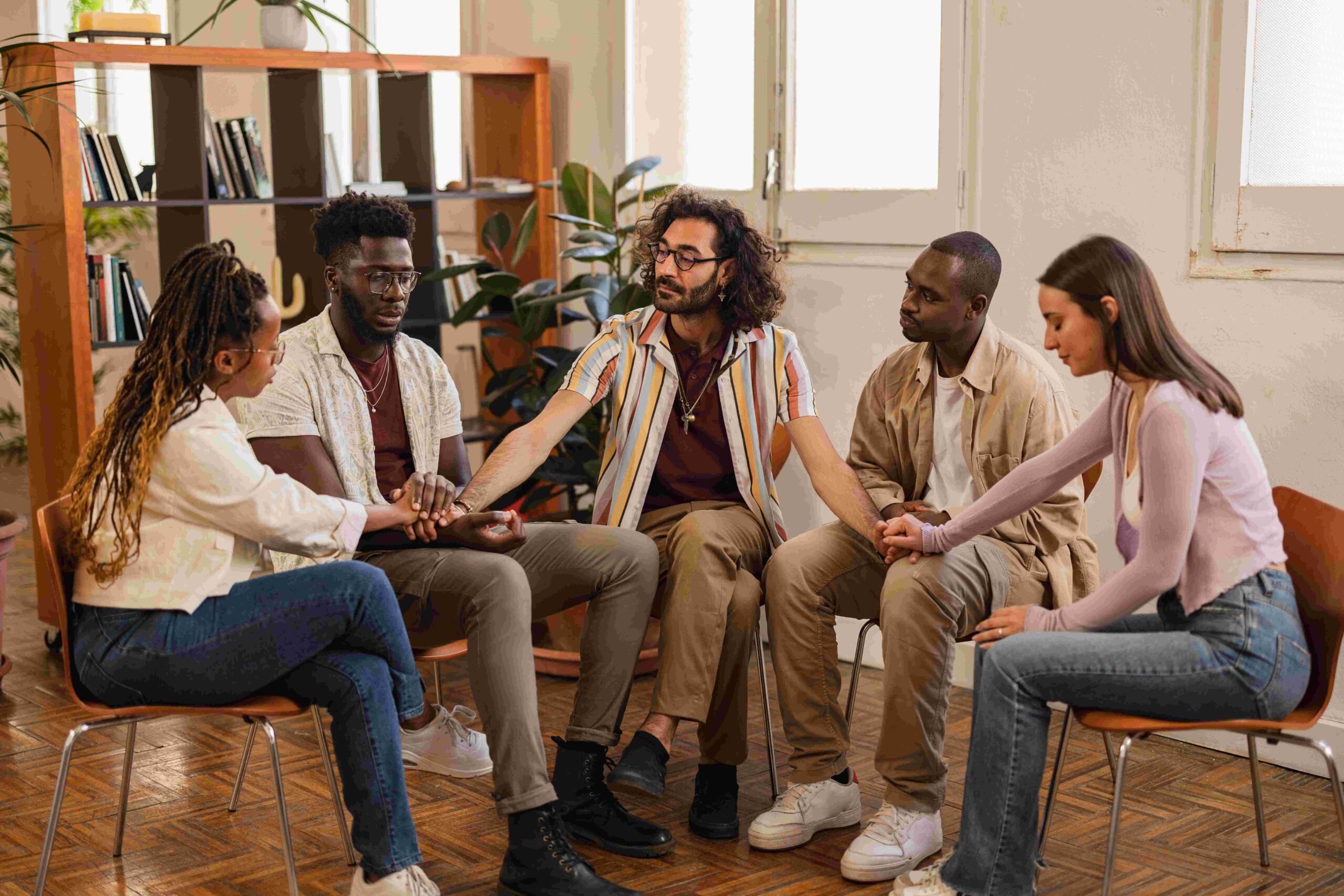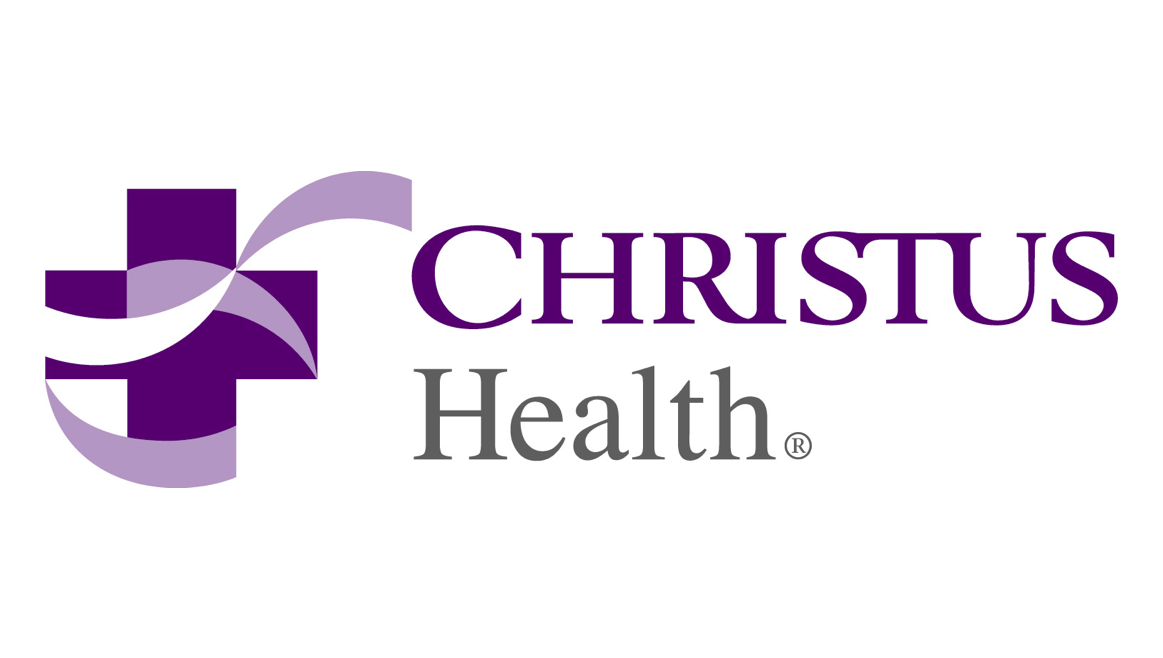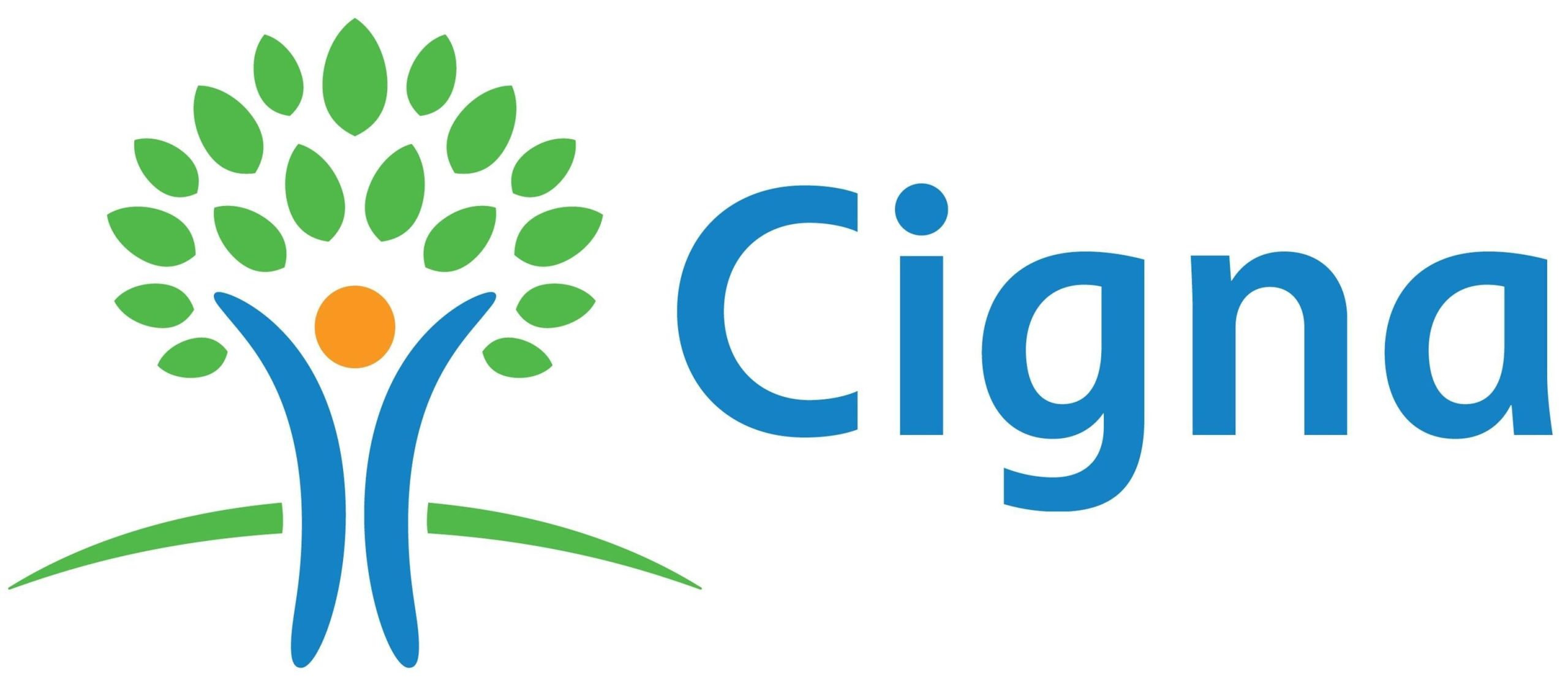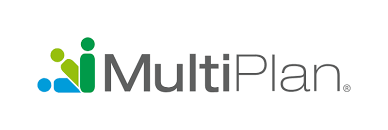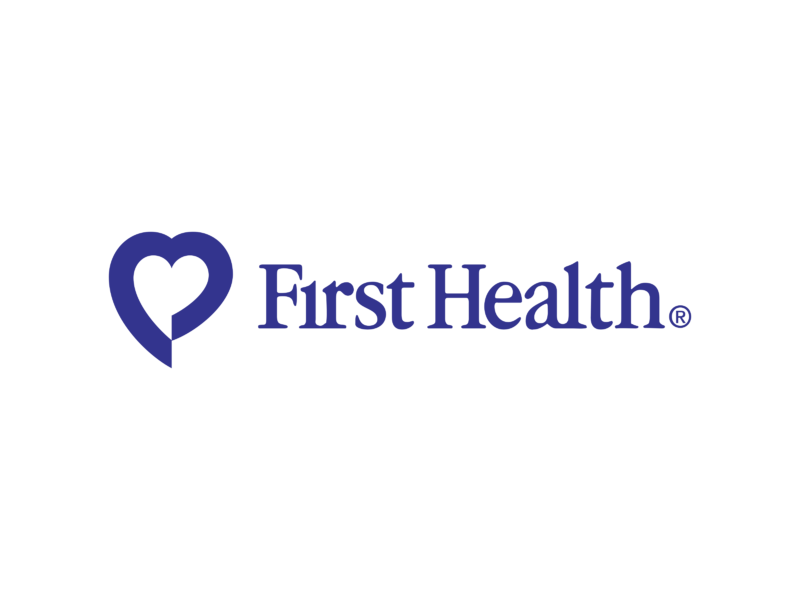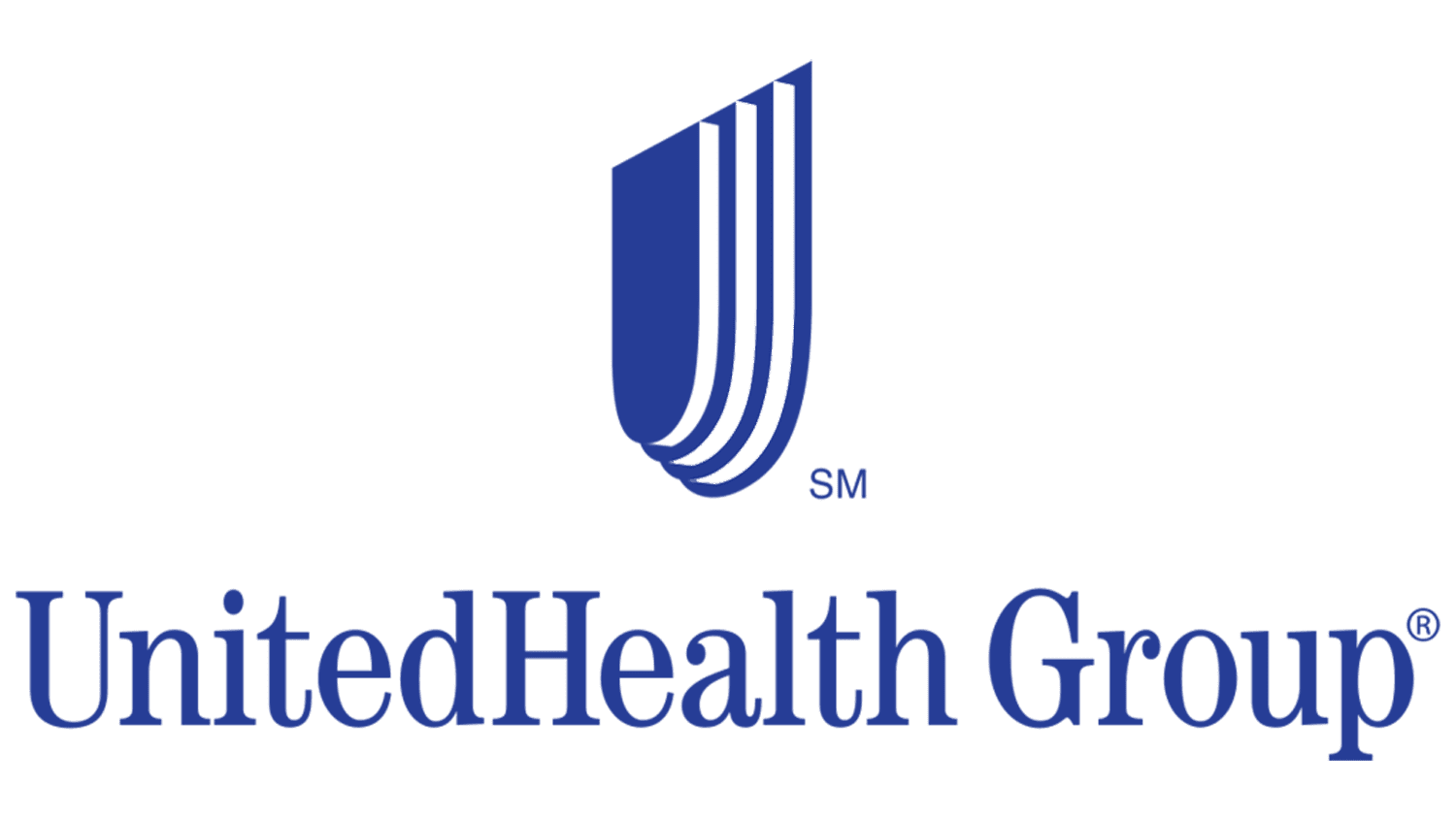Comprehensive Care Approach
Importance of Comprehensive Treatment
In our quest for effective drug addiction treatment, we recognize the importance of a comprehensive approach. Substance abuse affects multiple facets of an individual’s life, encompassing physical, psychological, and social dimensions. Therefore, successful treatment must address all of these areas to promote lasting recovery.
According to the SAMHSA National Helpline, there were 833,598 calls in 2020, marking a significant increase of 27% from 2019. These figures underscore the growing need for comprehensive treatment strategies. Our approach involves integrating various therapies and support systems to provide holistic care. For instance, counseling remains a mainstay, with therapies such as cognitive behavioral therapy, family counseling, and psychotherapy playing crucial roles in managing cravings and preventing relapse.
Given the complexity of addiction, it’s essential to employ a multifaceted approach that includes medical care, emotional support, and social reintegration. Our goal is to offer a well-rounded treatment plan tailored to each individual’s unique needs.
Multifaceted Care for Recovery
Our multifaceted approach to recovery encompasses various treatment components that work synergistically to address the diverse needs of those battling addiction. Here’s a glance at our core elements:
- Medical Interventions: Medications can be pivotal in treating opioid use disorder and other addictions. These FDA-approved treatments are proven to aid in managing withdrawal symptoms and reducing cravings.
- Therapeutic Interventions: Group therapy often takes precedence over individual therapy in our programs. Peer support and accountability in group settings can provide the needed challenge and encouragement. Incorporating family therapy has also shown to result in lower relapse rates and increased family happiness.
- Support Systems: Engaging in recovery support groups like AA and NA is vital for long-term sobriety. These groups offer continued support and community to help prevent relapse even after formal treatment ends.
- Day and Partial Programs: We offer a variety of structured programs, including day programming and partial hospitalization programs, to ensure that individuals receive consistent, intensive care during their critical recovery phases.
- Tailored Treatments: We address co-occurring mental health issues such as depression, anxiety, and bipolar disorder, recognizing that addiction often coincides with other mental health challenges.
| Treatment Component | Examples |
|---|---|
| Medical Interventions | FDA-Approved Medications |
| Therapeutic Interventions | CBT, Family Therapy, Group Therapy |
| Support Systems | AA, NA, Post-Treatment Support Groups |
| Structured Programs | Day Programming, Partial Hospitalization |
| Tailored Treatments | Depression Treatment, Anxiety Disorder Treatment |
By employing a holistic approach, we aim to address the root causes of addiction and provide a pathway to sustained recovery. For more information about our treatment programs, visit our sections on intensive outpatient programs and cognitive behavioral therapy.
Medications for Opioid Use Disorder
FDA-Approved Treatments
In our efforts to provide comprehensive drug addiction treatment, we understand the importance of effective medications for opioid use disorder (OUD). According to the FDA, there are three FDA-approved medications specifically designed for treating OUD: buprenorphine, methadone, and naltrexone.
| Medication | Description | Effectiveness |
|---|---|---|
| Buprenorphine | A partial opioid agonist that helps reduce withdrawal symptoms and cravings. | Effective for reducing opioid use and increasing retention in treatment. |
| Methadone | A full opioid agonist that stabilizes brain chemistry and blocks the euphoric effects of other opioids. | Proven to reduce opioid use, decrease criminal behavior, and improve social functioning. |
| Naltrexone | An opioid antagonist that blocks the effects of opioids. | Effective for preventing relapse but requires complete detoxification before use. |
Efficacy of Medications
The efficacy of these medications in treating OUD has been well-documented. A large majority of individuals with OUD benefit significantly from medication-assisted treatment (MAT). According to Partnership to End Addiction, MAT not only addresses physical dependence on opioids but also enhances the effectiveness of counseling and other behavioral therapies.
Here are some key points on the efficacy of these medications:
- Buprenorphine: This medication has been shown to be highly effective in reducing opioid cravings and withdrawal symptoms, making it easier for individuals to maintain sobriety. Studies indicate that buprenorphine increases treatment retention and reduces illicit opioid use.
- Methadone: Long recognized for its effectiveness, methadone treatment leads to significant reductions in opioid use, decreases in criminal activities associated with substance misuse, and improvements in occupational and social functioning. Methadone maintenance treatment programs have been instrumental in managing opioid addiction.
- Naltrexone: While requiring complete detoxification before use, naltrexone effectively prevents relapse by blocking the euphoric effects of opioids. This makes it a valuable option for individuals who have already undergone detox and are committed to maintaining long-term sobriety.
These medications are crucial components of our comprehensive approach to drug addiction treatment. They are most effective when combined with other therapeutic services such as cognitive behavioral therapy, dialectical behavior therapy, and family or group counseling sessions.
Our program is designed to address the multifaceted nature of substance use disorders, ensuring our clients receive both medical and psychosocial support. If you or a loved one is struggling with opioid use disorder, our varied programs—including partial hospitalization and intensive outpatient programs—offer tailored treatments to meet individual needs.
For more information on our treatment offerings, please explore our resources on transitional independent living, day programming, and other behavioral therapies.
Behavioral Therapies and Counseling
Behavioral therapies and counseling are essential components of effective drug addiction treatment. These methods aim to modify the attitudes and behaviors related to drug use, enhance life skills, and provide tools to manage triggers and avoid relapse.
Cognitive Behavioral Therapy (CBT)
Cognitive Behavioral Therapy (CBT) is a cornerstone in the treatment of substance use disorders. CBT teaches individuals how to avoid triggers that fuel drug cravings, replace negative thoughts with positive ones, and develop skills that can have a lasting impact on staying clean. At Bright Path Program, we incorporate CBT as a pivotal part of our drug addiction treatment protocol.
| Key Elements of CBT | Description |
|---|---|
| Trigger Avoidance | Identifying and managing situations that provoke drug use. |
| Thought Replacement | Substituting negative thoughts with positive, reinforcing ideas. |
| Skill Development | Building skills for coping with stress and avoiding relapse. |
Further, CBT is adaptable and can be customized to each individual’s needs, making it an effective therapy for diverse addiction cases. For more on how CBT works, see our cognitive behavioral therapy resource.
Family and Group Therapy
Group therapy provides a supportive environment where individuals can share their experiences and challenges. It is generally preferred over individual therapy for drug abuse treatment, as it offers both challenge and support from peers. However, individual therapy may be more beneficial for addressing significant mental health conditions like depression or bipolar disorder separately from the substance use disorder.
Family therapy plays a significant role in lowering relapse rates and increasing overall family happiness. Involving family and friends in the treatment process can result in better management of the situation for children of addicted parents (WebMD). This underscores the importance of a holistic approach to recovery.
| Therapy Type | Benefit |
|---|---|
| Group Therapy | Offers peer support and shared experiences. |
| Family Therapy | Reduces relapse rates and improves family dynamics. |
Behavioral therapies, self-help groups like Alcoholics Anonymous (AA), and medications for withdrawal management, substance use discouragement, and comorbid psychiatric conditions are critical elements of drug addiction treatment (NCBI Bookshelf). At Bright Path Program, we integrate these methods to promote and maintain abstinence, reduce cravings, and improve coping skills.
Explore other facets of our treatment programs such as partial hospitalization program, intensive out-patient program, and day programming to find the option that best suits you or your loved one’s needs.
Barriers to Treatment
In our journey to provide comprehensive drug addiction treatment, it’s crucial to understand and address the barriers that hinder individuals from seeking help. By recognizing these barriers and developing strategies to overcome them, we can better serve our community and enhance the chances of successful recovery.
Common Barriers to Seeking Help
There are numerous barriers that prevent people from pursuing treatment for substance use disorders (SUD). These can be grouped into individual, social, and structural barriers. According to PubMed Central, the following factors are major impediments:
- Individual Barriers:
- False Beliefs and Perceived Fears: Misconceptions about treatment efficacy or fears of withdrawal symptoms.
- Personal Traits and Comorbidities: Traits such as denial, lack of motivation, and mental health conditions.
- Social Barriers:
- Stigma and Lack of Support: Societal stigma around addiction, lack of support from family and friends.
- Family Factors: Family dynamics that either discourage treatment or fail to provide support.
- Structural Barriers:
- Provider Services: Limited availability of qualified treatment providers and resources.
- Legal and Policy Barriers: Insufficient legal support and restrictive policies.
Strategies to Overcome Barriers
We can implement several strategies to mitigate these barriers and facilitate access to effective treatment:
- Education and Awareness Programs:
- Providing accurate information about the nature of addiction and the effectiveness of treatment.
- Creating campaigns to reduce stigma and encourage supportive community environments.
- Enhanced Support Systems:
- Developing stronger support networks through family and group therapy.
- Offering resources for family members to better understand and support their loved ones.
- Accessible Treatment Services:
- Increasing the availability of treatment options such as intensive out-patient programs and partial hospitalization programs.
- Ensuring that treatment providers are well-trained and equipped to handle various needs.
- Policy and Legal Reforms:
- Advocating for policy changes that increase funding for addiction treatment services.
- Reducing legal barriers that prevent individuals from accessing care.
| Barrier Type | Example Barriers | Strategies to Overcome |
|---|---|---|
| Individual | False beliefs, personal traits | Education programs, mental health support |
| Social | Stigma, lack of support | Awareness campaigns, family therapy |
| Structural | Provider service limitations, legal policies | Policy reforms, increased treatment options |
By tackling these barriers head-on, we can create a more supportive and effective environment for those seeking drug addiction treatment. For further insights into mitigating these challenges, visit our sections on cognitive behavioral therapy and day programming.
Addressing Unmet Treatment Needs
The unmet demand for drug addiction treatment remains a pressing concern. We must explore the barriers preventing individuals from accessing care and advocate for policy improvements to bridge this gap.
Unmet Demand for Services
According to The National Council, 43% of U.S. adults who reported needing substance use or mental health care in the past 12 months did not receive that care. Barriers include:
- Cost of treatment
- Availability of services
- Long wait times
- Lack of diversity in care providers
- Proximity to treatment centers
The unmet demand for substance use and mental health care is more than double that for physical health needs, highlighting a significant gap.
| Barrier | Percentage of Affected Individuals |
|---|---|
| Cost | 25% |
| Availability | 20% |
| Wait Times | 18% |
| Diversity | 10% |
| Proximity | 15% |
Legislation and Access Improvement
Only 10.4% of individuals with substance use disorders receive appropriate treatment, and just about a third of these individuals receive care that meets minimal standards (NCBI Bookshelf). Recent health reform and parity laws have increased access to coverage for mental health and substance use disorder treatment services for approximately 161 million Americans (NCBI Bookshelf).
These laws serve as a crucial step towards better care. However, only a fraction of those in need are accessing these services. The costs of substance misuse and untreated substance use disorders amount to over $422 billion annually, making it economically sensible to invest in these areas (NCBI Bookshelf).
Key legislative measures include:
- Ensuring parity in insurance coverage for mental health and substance use treatment
- Integrating mental health and substance use services within general health care
- Training healthcare professionals to handle substance use disorders
- Implementing state-level policy changes to enhance care accessibility
At Bright Path Program, we are committed to addressing these unmet needs by providing accessible and comprehensive treatment options. Learn more about our transitional independent living, day programming, and partial hospitalization program. For those seeking intensive treatment, our intensive out-patient program offers robust support.
Improving access to drug addiction treatment is imperative for the well-being of our society. By understanding the barriers and advocating for legislative improvements, we can create an inclusive and supportive care environment for everyone.
Treatment Programs and Settings
In the journey toward recovery from addiction, it’s crucial to select the right treatment program suited to individual needs. At Bright Path Program, we offer a range of treatment options to address various levels of substance use disorders.
Varied Treatment Options
Drug addiction treatment encompasses multiple modalities, each tailored to provide the appropriate level of care and support.
| Program Type | Description | Intensity Level |
|---|---|---|
| Outpatient | Weekly sessions; patient lives at home | Low |
| Intensive Outpatient Program (IOP) | Several hours per week; more frequent contact | Medium |
| Partial Hospitalization Program (PHP) | Full days at the clinic; return home each evening | High |
| Residential (Rehab) | Live-in facilities; 24/7 care | Very High |
| Inpatient | Hospital-based care; 24/7 supervision and treatment | Very High |
Details from Partnership to End Addiction
- Outpatient Programs: Ideal for those with mild addiction, outpatient programs provide flexibility allowing participants to maintain their day-to-day responsibilities.
- Intensive Outpatient Programs (IOP): IOPs are suitable for individuals requiring more structured treatment than outpatient programs but who do not need residential care.
- Partial Hospitalization Programs (PHP): PHPs offer a higher level of care than IOPs, integrating rigorous daily treatment sessions with the ability to return home each night.
- Residential (Rehab): Residential programs provide intensive, round-the-clock supervision in a supportive environment, essential for those with severe addiction.
- Inpatient Programs: Inpatient treatment ensures comprehensive medical and psychological support within a hospital setting, suitable for individuals with severe addiction and co-occurring disorders.
Learn more about our partial hospitalization program and intensive out-patient program.
Role of Medications and Counseling
Medications for Addiction Treatment (MAT) combined with counseling form a cornerstone of effective addiction treatment. MAT is particularly useful for those with dependency on substances like alcohol, nicotine, and opioids.
Medications
Medications can reduce withdrawal symptoms, decrease cravings, and promote a stable mental state. Common medications used in addiction treatment include:
| Substance | Medication | Purpose |
|---|---|---|
| Opioids | Methadone, Buprenorphine, Naltrexone | Reduces cravings and withdrawal symptoms |
| Alcohol | Disulfiram, Acamprosate, Naltrexone | Reduces relapse and cravings |
| Nicotine | Nicotine Replacement Therapy, Varenicline, Bupropion | Eases withdrawal and decreases cravings |
Counseling
Counseling addresses the psychological aspects of addiction, assisting individuals in understanding their behaviors and learning coping mechanisms. Some common therapeutic approaches include:
- Cognitive Behavioral Therapy (CBT): Helps patients recognize and change negative thought patterns related to substance use (cognitive behavioral therapy).
- Family and Group Therapy: Provides support through community and shared experiences, fostering a collaborative path to recovery.
- Dialectical Behavior Therapy (DBT): Focuses on emotional regulation and building healthy interpersonal relationships (dialectical behavior therapy).
We believe in a comprehensive approach to drug addiction treatment. The combined use of medications and counseling increases the chances of successful recovery. Access additional resources on depression treatment and anxiety disorder treatment.

